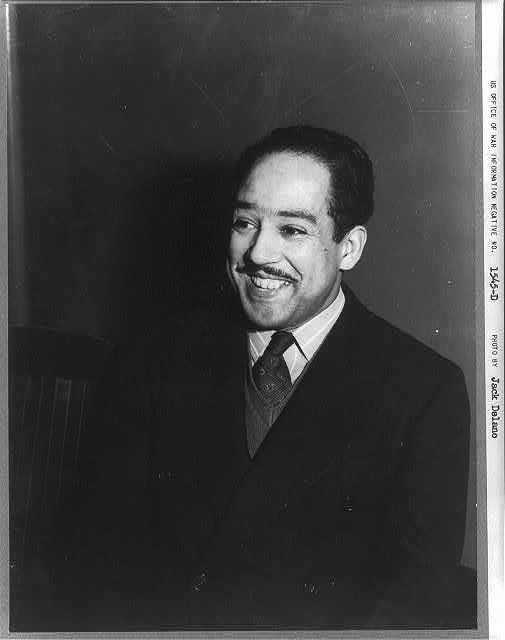The Asheville YWCA’s Phyllis Wheatley Branch — the African-American division of the local organization — entered the 1940s with a shift in leadership, when Adela Ruffin, the division’s original executive secretary, resigned. Julia Spaulding took over briefly, before Rupert Blanchard succeeded her in 1941. Despite the change in leadership, the branch held steady in its course of bolstering Asheville’s African-American community through its events at the YWCA. There were day camps, socials, sport teams and courses on occupational trades and skills, including nursing classes and the Business Girls’ League.
The YWCA continued to facilitate discussions aimed at improving interracial understanding and relations. However, the coverage of these discussions was cursory in the mainstream local media. A survey of several newspaper reports about the events turned up only brief mentions that the discussions were occurring at the Phyllis Wheatley YWCA. There was no additional reporting on the events, such as details about audience turnout, the discussions or public reaction to the meetings.
On Feb. 13, 1949, Anne Hunter Jenkins of Fletcher, N.C., wrote a letter to the editor of the Asheville Citizen-Times expressing her concern over the paper’s decision not to cover the recent visit of two prominent speakers. The first, Ruth Bryan Owen, was the South’s first female representative of the House and a U.S. delegate to the United Nations General Assembly. The second was poet Langston Hughes, who visited the Allen School, an integrated private girls boarding school on College Place where the Asheville Office Park is now located, on Feb. 8, 1949.
Here is an excerpt from Jenkin’s 1949 letter highlighting Hughes’ unreported speech:
“This event was the very fine, completely sane and (if I may coin a word) “trans-racial” address made by the well-known Negro poet, Langston Hughes, on Tuesday night, February 8, at the Allen School. He is one of the representatives chosen by the National Association for the Advancement of Colored People to speak to schools and other groups across our country. His talk, interspersed with readings of his poems, was so simple and unbiased, and yet so powerful, that if it could have been heard or even read about, by enough people, it would advance 100 per cent the cause of intranational tolerance and understanding. There was no report. …
I would like to ask you, the editor, what is the purpose of a newspaper? Is it not to report the news, to give its readers a full account of all important events, as soon as possible after they have taken place? Is it not to be a vehicle, through its editorial page, for opinions and thoughts which will help people toward a better world? Even if it is merely a money-making project pure and simple, is it not in the paper’s own best interest to give its readers full and satisfactory coverage of all local events of interest to the majority? I ask you, the editor, to answer these questions, and the following one: Why do The Citizen, The Times, and The Citizen-Times, our only source of local news, fail so frequently to report adequately happenings which are obviously of interest and importance, not only to the majority of Asheville readers but to all the people of Western North Carolina?”
The editor does not appear to have responded. However, the following week another reader replied to Jenkins’ complaint, accusing Hughes of being a communist and arguing that his Asheville appearance rightfully went unreported. In a letter to the editor several months later, Hughes denied the accusation.
Next week, we will look at Eleanor Roosevelt’s visit to the Asheville YWCA in 1956.



Before you comment
The comments section is here to provide a platform for civil dialogue on the issues we face together as a local community. Xpress is committed to offering this platform for all voices, but when the tone of the discussion gets nasty or strays off topic, we believe many people choose not to participate. Xpress editors are determined to moderate comments to ensure a constructive interchange is maintained. All comments judged not to be in keeping with the spirit of civil discourse will be removed and repeat violators will be banned. See here for our terms of service. Thank you for being part of this effort to promote respectful discussion.